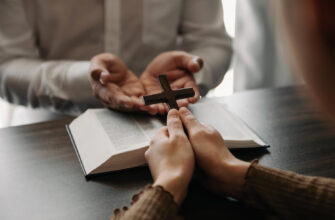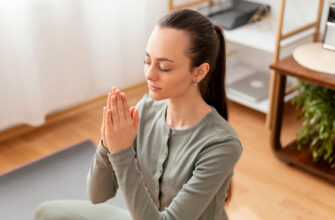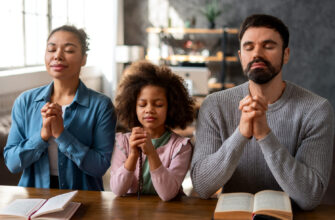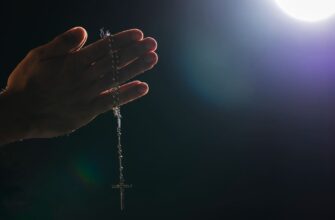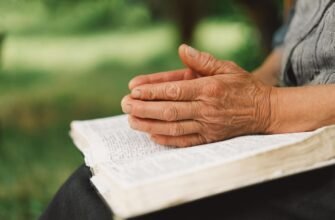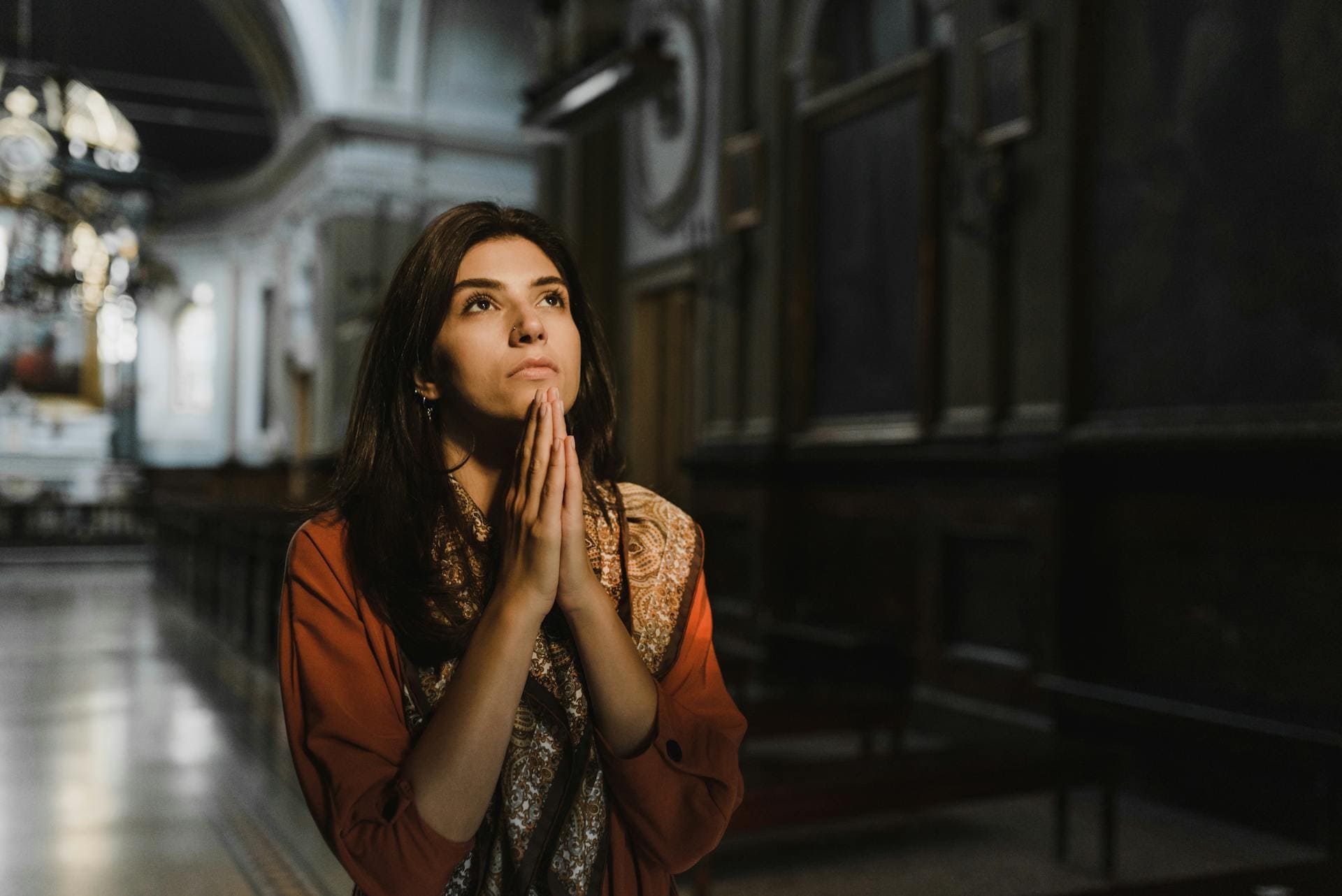Being a part of the Catholic religion means that there are certain adherences you may oblige to from time to time.
This includes attending Mass on all Sundays, fasting on appointed days, and confessing your sins at least once a year, but can Catholics drink alcohol?
Yes, Catholics are permitted to drink alcohol, which appears throughout their bible passages, and they will enjoy Communion wine. The views on alcohol consumption may differ from Church to Church, and each Catholic often has their own opinion about drinking.
This article will discuss whether or not Catholics can drink alcohol. So keep reading! We have everything you need to know about whether or not Catholics can drink alcohol.
Catholics and Alcohol
All Catholics are free to drink and enjoy alcohol, and neither the Church nor the Bible says that it is a sin to do so. One of Jesus’ first miracles was to provide a wedding with a large amount of wine to enjoy.
The majority of established Catholics know that while they can appreciate and enjoy wine and alcohol, it should be kept to a moderate amount.
If you’re enjoying a drink, you should aim to still feel in control and not become aggressive or depressed.
It’s always been a well-known fact that Catholics generally enjoy an alcoholic beverage without feeling remorse and aren’t shy to admit it. The majority will do it to help them relax and enjoy an evening without overconsumption.
Ritualistic Aspect Of Alcohol Consumption
A key catholic ritual is the Liturgy of the Eucharist, and wine is one of the central components of this ritual. It occurs during Mass after the passing of the collecting plate has made its rounds.
Bread and wine are carried to the main altar as the churchgoers pray and exchange greetings among one another, then wine and bread are given.
This process is known as the transubstantiation, and the wine and bread are thought to represent the blood and body of Christ. Thus, Christ has entered your body upon consumption.
The View Of The Church
The Catholic Church does not ban alcohol consumption but advocates that it is moderately consumed.
The Church advises that any substance or addictive product, whether alcohol, tobacco, medicine, etc., should always be consumed in moderation.
A few of the present-day manuals on the Catholic faith state that the use of alcohol or any pleasure-giving substance is not an immoral act. However, it may lead to sinful acts if it becomes a severe addiction.
So long as your drinking doesn’t get obsessive or hurt anyone, including yourself, the Church sees it as an enjoyable part of life, and any churchgoer can engage in it.
Biblical View On Alcohol Consumption
If we look to the Bible for advice on alcohol consumption, we don’t find any warnings against drinking alcohol. In fact, on the contrary, it has multiple references to the consumption of wine.
In the Book of John, one of the most famous stories from the Bible has Jesus turn water into wine, and everyone takes part in the consumption of wine around the Bible’s most famous prophet.
In the Passover Seder meal, wine is used as the sacred blood of Christ. Thus it can’t be considered a sin.
We find some references to the dangers of overconsumption in a few Bible stories. In the story of the Golden Calf, Noah curses Cannan and Paul’s condemnation of drunkards in Acts 18 and 21.
Catholics and Consumption
A few studies were released over the years, such as by Professor RuthC. Engs of the University of Indiana notes that Catholics consume more alcohol than other sects of Christianity, such as Protestants, and generally aren’t afraid to admit they drink.
Most scholars writing about the subject, such as The Lady of Guadalupe Roman Catholic Parish, agree that Catholics have a reputation for drinking.
This is often traced to the wine-based culture of the ancient Mediterranean and Western Europe, where Catholicism first made a name for itself.
Conclusion
So, as you can see from the above explanation, Catholics can enjoy alcoholic beverages just as much as anyone else without breaking any adherence to their Church. They may drink to relax and enjoy an evening just like anyone else, which is not considered a sin.
